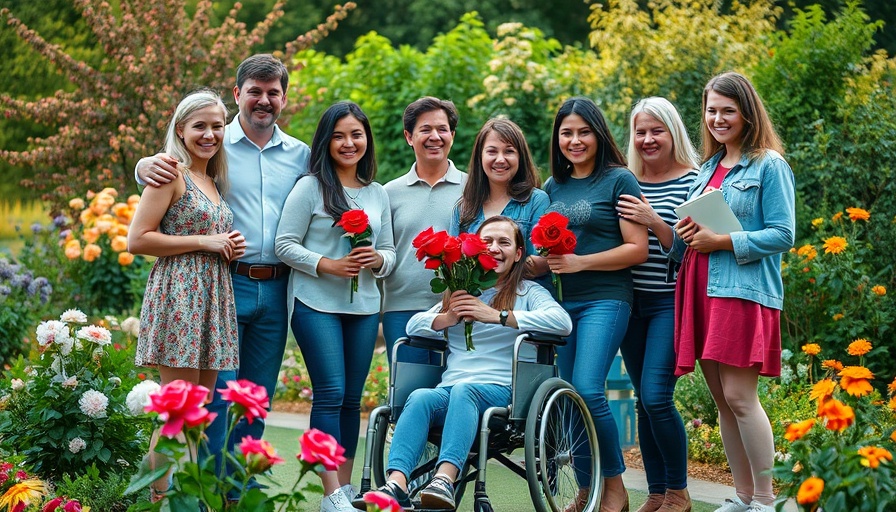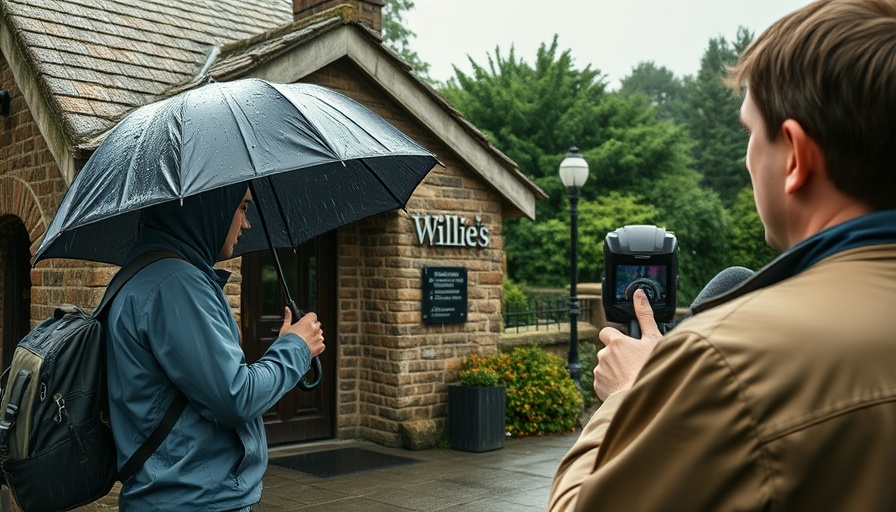
Omega House: A Beacon of Compassion in Houston
Founded in the heart of Houston's Montrose neighborhood in 1986, Omega House has been a pioneering force in hospice care, especially for individuals suffering from HIV/AIDS. This facility was started by Eleanor Munger, a retired Montessori school teacher who recognized a critical gap in compassionate care during the AIDS epidemic. Munger's vision was simple yet profound: to create a loving, supportive environment for those who had often been isolated and marginalized due to their illness.
A Unique Mission Driven by Community Need
Omega House originally catered to a largely LGBT population, a demographic that historically faced significant discrimination and neglect in conventional healthcare settings. The establishment of Omega House was revolutionary; it was the first licensed residential hospice of its kind in Texas. The facility began with just three beds, funded partly by local church donations. Over the years, it has expanded to provide more extensive services that meet the evolving needs of its community.
Creating a Home-Like Environment
As Sonny and Neil, two dedicated volunteers, prepare meals like meatloaf and mashed potatoes, laughter fills the air, transforming Omega House into more than just a hospice; it is a true home. The decoration and ambiance encourage both comfort and dignity, elements integral to Munger's original vision. Quotations from the community echo that the atmosphere feels homely—a stark contrast to the clinical environments experienced in many hospitals.
Challenges Faced During the AIDS Crisis
During the height of the AIDS epidemic, societal taboos often stripped patients of their humanity. Many patients found themselves not only battling a life-threatening illness but also facing stigma and isolation from their families and communities. As Dr. Charlene Flash of Avenue 360 Health and Wellness points out, patients were treated as diagnoses rather than individuals. This dehumanization further exacerbated their fear and loneliness.
The Evolution of Understanding HIV/AIDS
While knowledge and attitudes towards HIV have advanced, it's essential to remember that the initial fear of transmission through casual contact led to widespread isolation practices in hospitals. Today, education affirms that HIV cannot be transmitted through shared objects or brief physical contact. Community efforts, including those at Omega House, are crucial in alleviating this misinformation and fostering environments where patients feel safe and accepted.
A Model of Compassionate Care
With the implementation of the Ryan White CARE Act in 1991, Omega House received much-needed funding, enhancing its ability to sustain operations and provide support. Many of Omega House's patients come from backgrounds lacking family or community support. This lack of connection is not just an individual issue; it reflects broad systemic failures in the healthcare system and society.
Looking Ahead: The Future of Omega House
As Omega House continues its mission under Avenue 360, it remains committed to an inclusive approach to healthcare. The hospice provides 24/7 nursing care, emotional support, and other services to enrich the living experience of its residents. Elephant in the room? The need for ongoing community support is clear. Omega House relies on donations and volunteer efforts to continue providing its services free of charge to those who need them most.
Call to Action: Supporting a Lifeline for the Vulnerable
For over 35 years, Omega House has stood as a testament to what compassionate care looks like. But this vital institution cannot operate without the generosity of the community. Consider making a tax-deductible donation to ensure that these essential services continue. Every contribution helps provide dignity and care to those navigating their final chapter.
 Add Element
Add Element  Add Row
Add Row 



Write A Comment